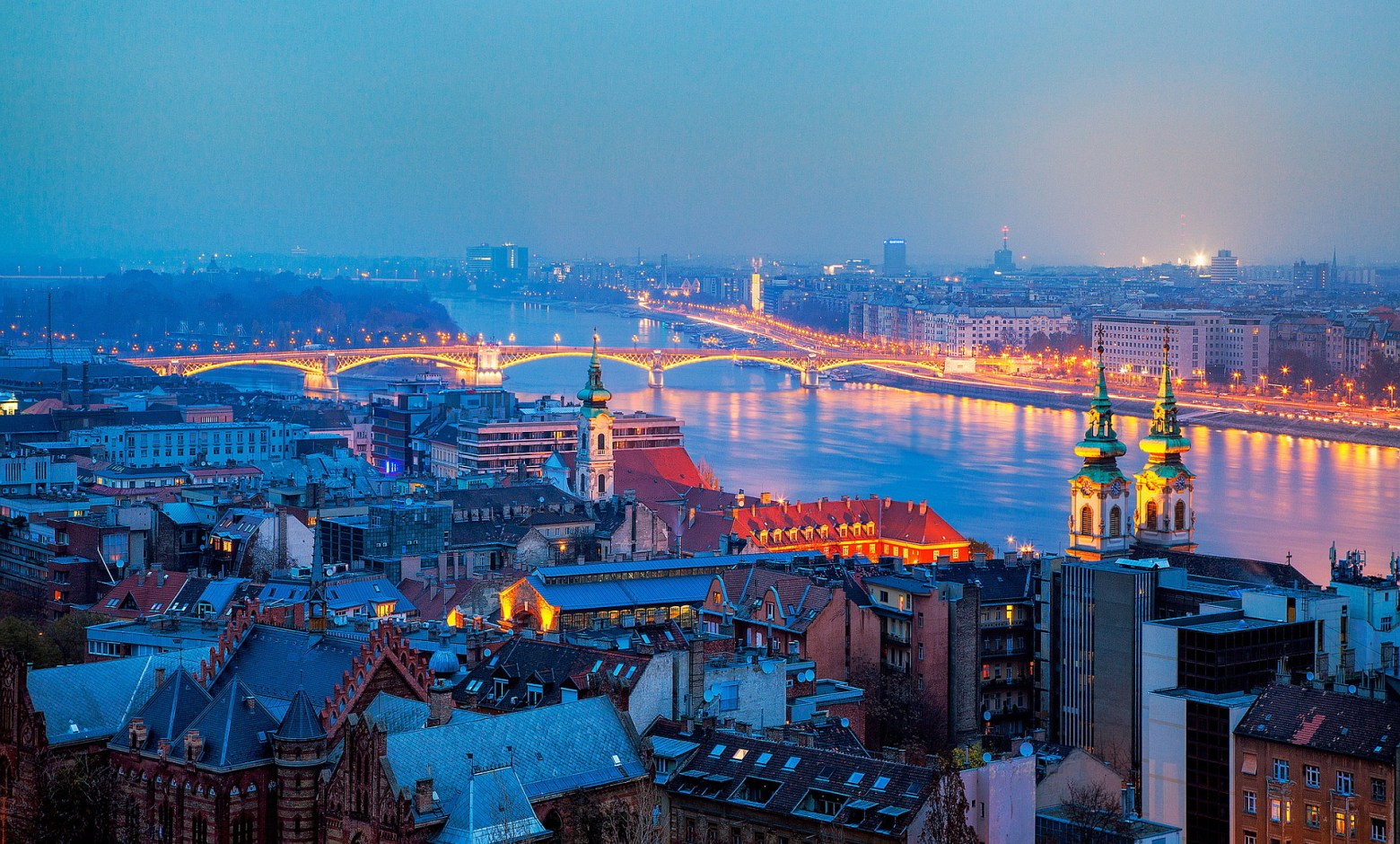Tourism in Hungary
Tourism in Hungary
General information about Hungary
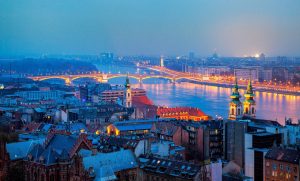
It is a confined European country located in the Carpathian Basin in Central Europe. It is bordered to the north by Slovakia and the length of the border is about 515 km, Ukraine borders 103 km in the northeast, Romania borders 443 km to the east, and from the south Croatia borders 329 km from Serbia and Slovenia with 102 km, and Austria borders 336 km from the west.
Hungary or Hungary is a confined country that does not have an outlet to the sea, and is surrounded by land on all sides. The territory of Hungary covers an area of 93,030 km², and is affected by a continental climate, making it the 109th largest area in the world.
Buda Castle and Matthias Church, Budapest
Budapest Castle is a historical royal palace built in the 13th century when Hungary was invaded by the Mongols. The castle was destroyed but was later constructed in the 14th century and built in the Roman residential style. Later on, the castle replaced a mansion built in the design known as the Gothic style. The standing castle reflects the history and culture of the Hungarian people. And it is located in an attractive location on high ground of hills.
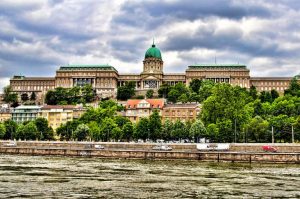
the Great Synagogue
The Great Synagogue on Dohani Street (also known as Dohani Street Synagogue) is the largest synagogue in Europe and the second largest in the world, with a capacity of 3,000 people. It was built between 1854 and 1859 This site is now part of the complex and home to the Jewish Museum.
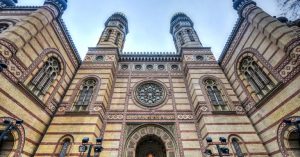
During the war years, anti-Semitism grew rapidly in Hungary. A series of anti-Jewish policies passed, and fascist groups such as the “Arrow Cross Party” began to attract more followers. Hungary became an ally of Germany, and the Synagogue was damaged by the Arrow Cross party in 1939. During World War II, the Great Synagogue served as a residence and radio communication center for the Germans. Today, the complex serves as the main center of the Jewish community.
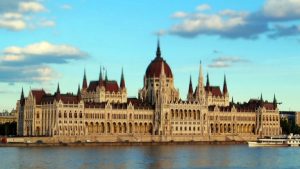
Parliament building in Hungary
This architectural masterpiece on Kossuth Square by Imre Steindl was designed in an exquisite Neo-Gothic style. Today, it is the largest building in Hungary and the second largest parliament building in Europe. The idea of constructing a new Parliament building arose after the unification of Ubduda, Buda and Pest in 1873; It opened in 1896, on the 1000th anniversary of Hungary’s founding. Thanks to the use of the finest materials, the entire building is a piece of art. It is the home of the Sacred Crown, and the Royal Scepter. Parliament is open for visits, and tickets must be purchased from the on-site visitor center.
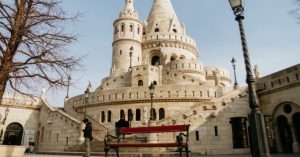
Fisherman’s Bastion
One of the most important things to do in Budapest is without a doubt visiting this landmark. The current watchtowers were built in the 19th century as watchtowers for the best panoramic views of Budapest. With a view of the Danube,
One of the most visited attractions in Budapest, it was built between 1895 and 1902. The purpose of the building was part of a group of developments that celebrated the thousandth birthday of the Hungarian state.
It includes seven towers. Each of these signs represents one of the seven Hungarian leaders who led their people to present-day Hungary to settle in the year 895. It is located in the middle of the statue of Saint Stephen, the first Hungarian king to rule in that city. In short, Bastion is a historical monument to the Millennium King.
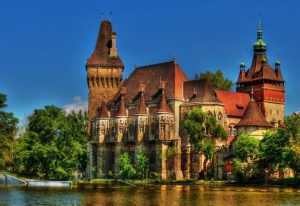
The City Park
It is one of the most beautiful parks in Hungary and it is a public park close to the center of Budapest, Hungary. It has an area of 302 acres, and is located in the 14th district of Budapest. Its main entrance is in Heroes’ Square, one of Hungary’s World Heritage Sites.
Vajdahunyad Castle
One of the historic castles in Budapest, Vajdahunyad Castle is located in the City Park next to the ski lake / rink. The castle was built in 1896 and is a testament to the architectural development of past centuries. Currently the castle is home to many festivals and concerts.
